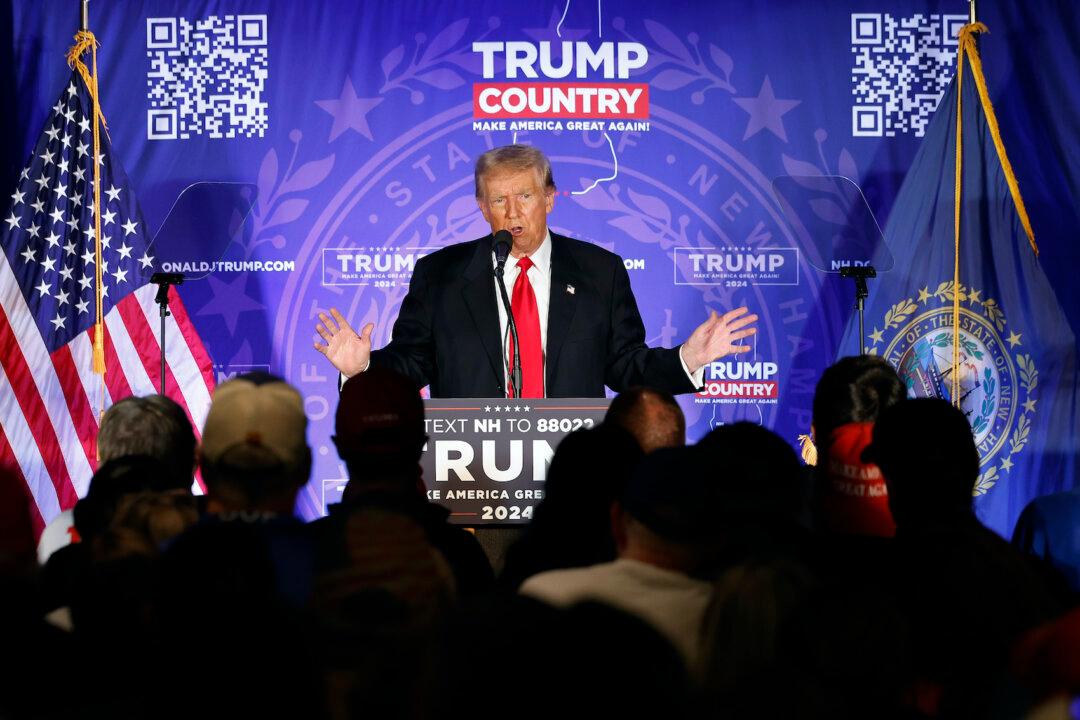Sen. Ted Cruz (R-Texas) and House Majority Leader Steve Scalise (R-La.) were joined by 177 other members of Congress, including high-ranking Republicans such as Senate Minority Leader Mitch McConnell (R-Ky.), in urging the U.S. Supreme Court to keep former President Donald Trump on the ballot in the 2024 election.
“As elected officials, amici have a strong interest in ensuring that the rules for eligibility for federal office are clear, objective, and neutral, rather than malleable and conveniently applied to ensnare political opponents,” their brief reads.





